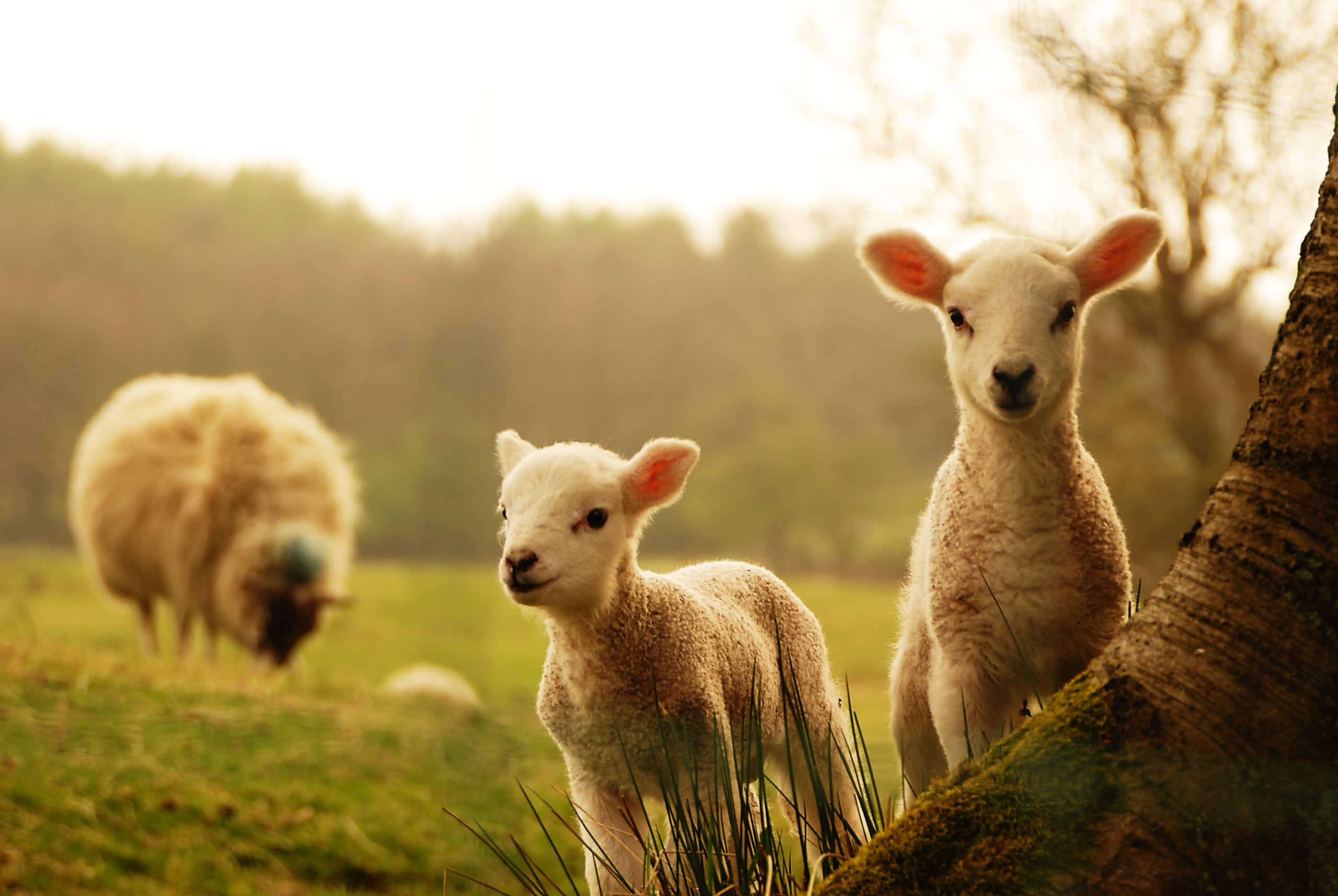Do animals have rights?

Throughout human history animals have been thought of as property to be used by man. In the Bible animals have been used for servitude, riding them for transportation and warfare (Nehemiah 2:12; Psalm 32:9; Proverbs 21:31; Matthew 21:1-7), and plowing the fields (Deuteronomy 25:4), etc. Animals were used for religious sacrifice beginning in the Garden of Eden when God killed an animal and made coats of skin for Adam and Eve after their fall (Genesis 3:21). God was pleased when Abel brought the sacrifice of an innocent lamb (Genesis 4:4). God instructed Israel to offer animal sacrifices (Leviticus 1-5). From the time of Noah, after the Flood, God ordained that man be allowed to eat both animal flesh as well as plants (Genesis 9:3).
If God made animals for man’s service, sustenance and companionship, do they have “rights”? That argument has been debated for the last couple of centuries and is still being debated. Although we believe that animals do not have “rights” as we perceive the meaning of the word, we, nonetheless, have a responsibility to humanely care for them because they are God’s gift to us. Jesus’ incredible sacrifice was for humanity, not for animals. However, animals play an integral role in God’s grand design. God had great love for his animals and asked Adam to name them (Genesis 2:19- 20). The prophet Isaiah alludes to the role animals will play in the future peaceable kingdom on earth.
“The wolf also shall dwell with the lamb, and the leopard shall lie down with the kid; and the calf and the young lion and the fatling together; and a little child shall lead them.” (Isaiah 11:6)
From the above scripture we learn that animals will no longer be predators, but will be tame, loving vegetarians.
Is it wrong to eat meat, particularly pork? No, you can see from the above scriptures that God sanctioned the eating of meat after the Flood. However, dietary restrictions of the Law (during the time of Moses) were imposed upon the Jews for health purposes and also as a test for their loyalty and obedience to God. Gentiles were never under these restrictions. Once Jesus came and fulfilled the Law by his sacrifice unto death, the Law was no longer binding to the Jew providing he accepted Jesus. The Apostle Peter had a vision where he saw all kinds of animals, including reptiles and birds. A voice told him to get up, kill and eat. Peter replied that he had never eaten anything impure or unclean. When the voice spoke to him a second time it said, “Do not call anything impure that God has made clean.” (Acts 10:11-15) Furthermore, the Apostle Paul says in Romans 14:4, “As one who is in the Lord Jesus, I am fully convinced that no food is unclean in itself.” Can a Christian eat pork? He most certainly can. A Christian is not under Jewish Law, but under the grace of Christ.
Why did the three Hebrews in Daniel, chapter one, eat only pulse for ten days? When Daniel and his three Hebrew companions were taken captive to Babylon, Daniel resolved not to defile himself with royal food (meat) and wine that might have been offered to idols and thus violate the Law of Moses, so he asked the chief official if he and his companions could have nothing but vegetables and water for ten days, after which their appearance would be compared with other young men who ate royal food. At the end of ten days Daniel and his friends looked healthier and better nourished than any of the other young men who ate the royal food. (See Daniel, chapter one.) Because of Daniel’s desire to keep God’s law, God rewarded him with excellent health.
Why were the “High Priests” “commanded” to eat meat? Leviticus 8:30-31, “Then Moses took some of the anointing oil and some of the blood from the altar and sprinkled them on Aaron and his garments and on his sons and their garments. So he consecrated Aaron and his garments and his sons and their garments. Moses then said to Aaron and his sons, ‘Cook the meat at the entrance to the Tent of Meeting and eat it there with the bread from the basket of ordination offerings, as I commanded, saying, “Aaron and his sons are to eat it.” This “eating” represents a fellowship meal with God. The “meat” was from a ram and was to be boiled. The priests ate it during the days of their consecration ceremony. The “eating” did not begin the process of consecration. It came after the washing, the clothing, and the blood-atonement of the priests. The eating speaks of the continuing relationship of the priest with God. The consecration of the priesthood represents a greater picture of the Christian’s consecration, teaching that our consecration is accepted only because we are justified by the precious blood of our Redeemer, Jesus. Therefore, the eating of the flesh of the ram of consecration and the bread in the basket (see Exodus 29:32) has the same significance for the Christian as appropriating the merits of the man Christ Jesus.






